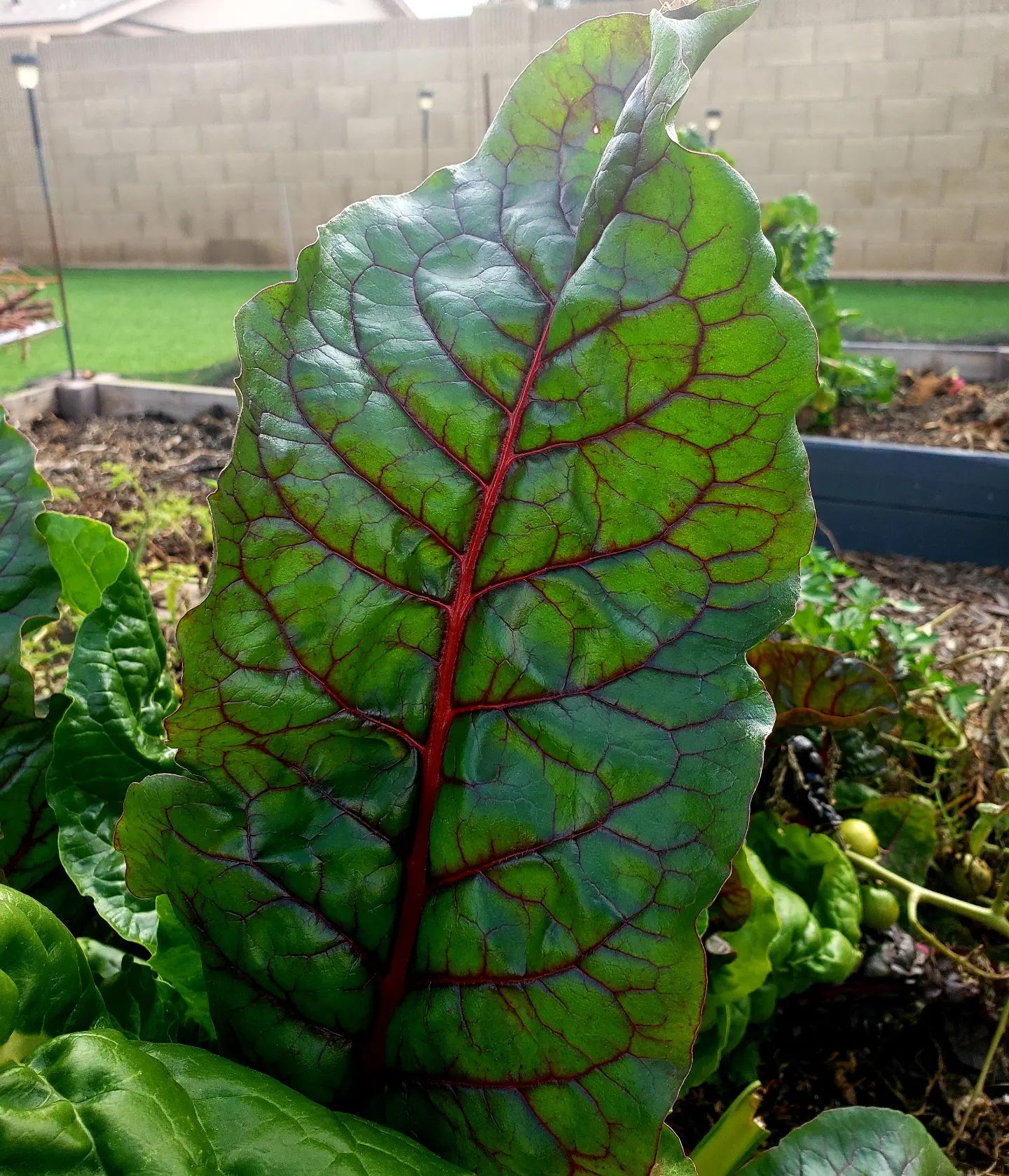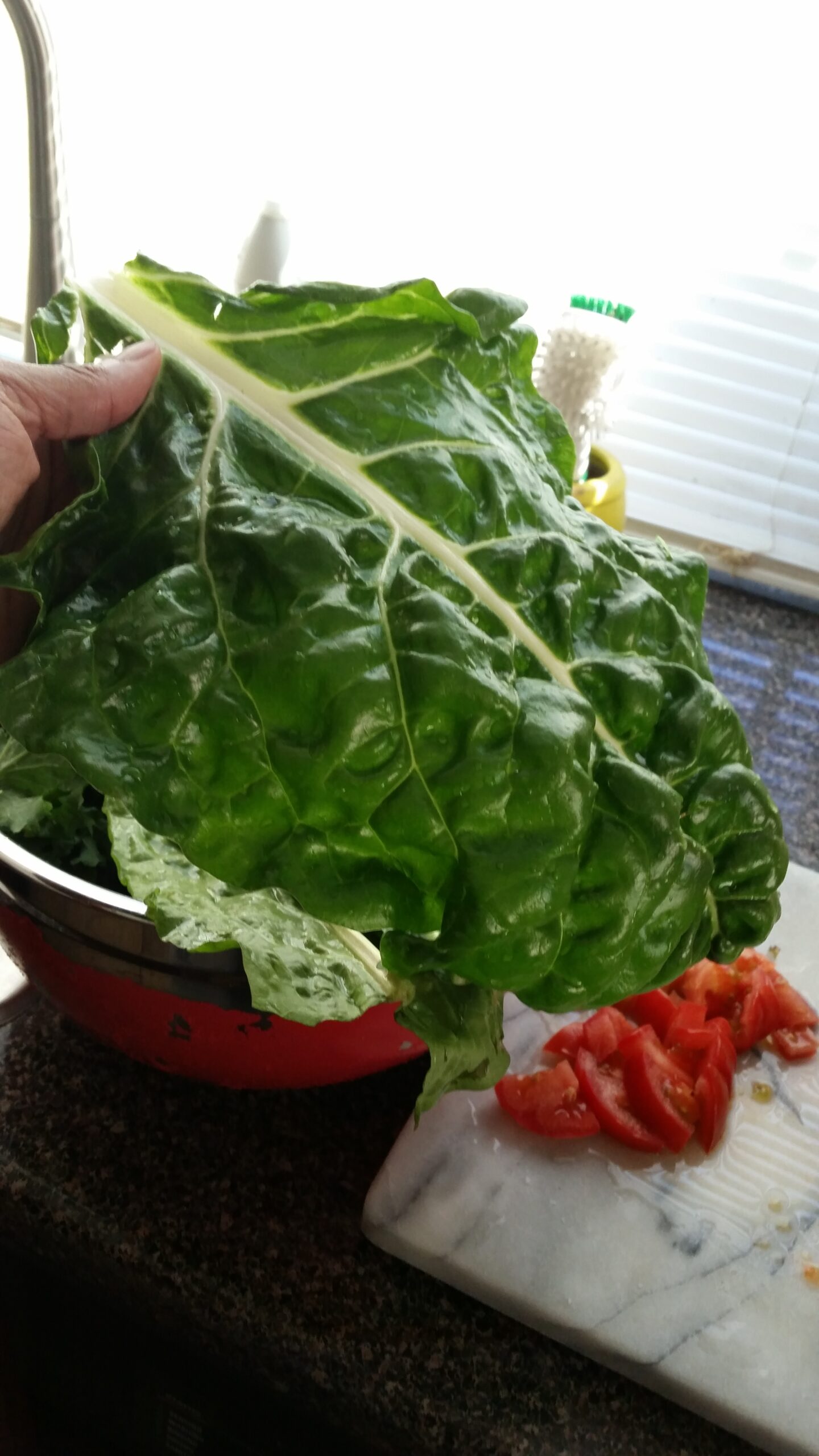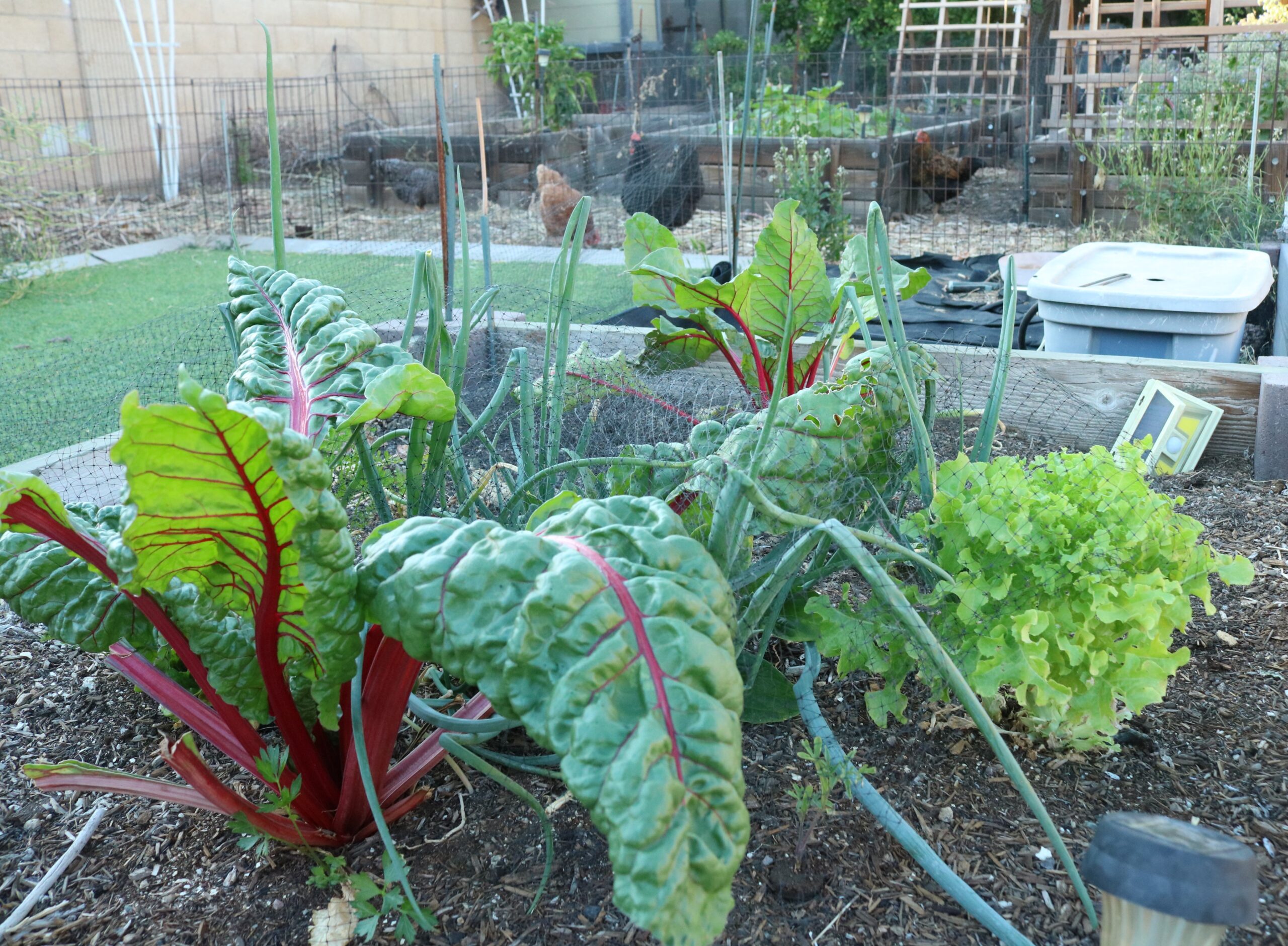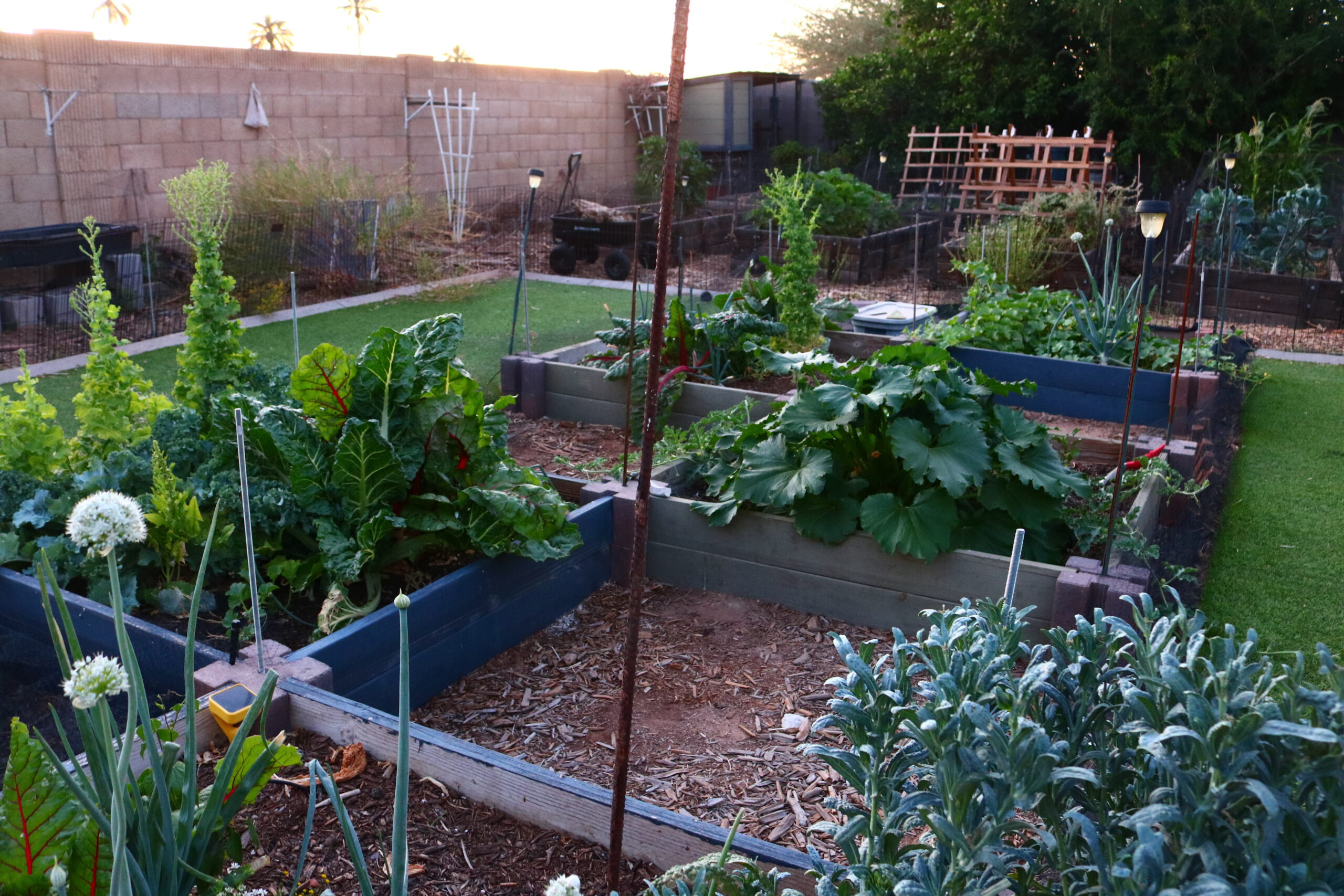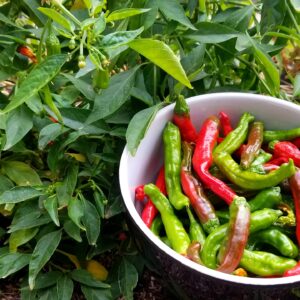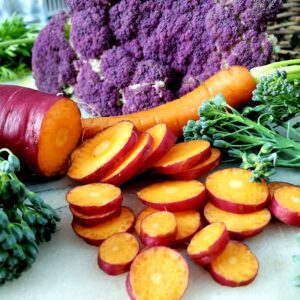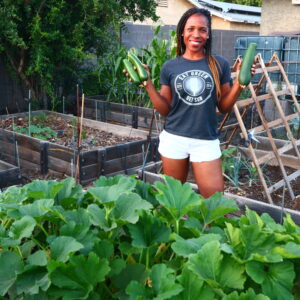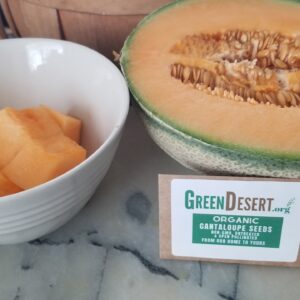$5.99
50 Organic Ruby Red Chard Seeds — GMO Free, open-pollinated
50 ORGANIC RUBY RED CHARD SEEDS (Beta vulgaris)
- GMO Free
- Open-Pollinated
Swiss Chard is one of my favorite vegetables to grow for so many reasons. Regardless of the variety, they are all gorgeous greens that are full of nutrition, and you can pretty much have them year-round.
In fact you can plant it in the spring, summer and fall.
Description
50 Organic Ruby Red Chard Seeds — GMO Free, open-pollinated
50 ORGANIC RUBY RED CHARD SEEDS (Beta vulgaris)
- GMO Free
- Open-Pollinated
Swiss Chard is one of my favorite vegetables to grow for so many reasons. Regardless of the variety, they are all gorgeous greens that are full of nutrition, and you can pretty much have them year-round.
In fact you can plant it in the spring, summer and fall.
We planted several varieties in September and the plant made it through the winter and even the Arizona heat, still thriving a year later!
This is a very flexible plant, not just with growing, but the whole plant is edible.
We eat the leaves raw in salads and also cook the leaves AND stalks. I like to add onions and garlic, then stir fry the chard with a little lemon and white wine vinegar… it is simple and so yummy. Balsamic vinegar is a good option if you don’t have white wine vinegar.
It’s also a great source of Vitamins A, C and K.
Did I mention it’s easy to grow?
You’ll get your best results with soil loose enough to drain and full sun.
You can start your seeds indoors if you’re trying to get the earliest harvest but planting directly in the soil works great too.
Plant two seeds about 1/2 inch deep and 6-12 inches apart. Then water them immediately. You can also grow them in containers. The seeds should germinate in about a week. Keep in mind the plants can grow up to 2 feet tall. We add a high nitrogen fertilizer about every two weeks. You can start harvesting as soon as six weeks, when the leaves are about six inches long. We break off the outer leaves at the base so that the inner leaves will keep growing. It’ll give you a longer harvest.
As for when to plant, if it’s part of your spring garden, get the seeds in the ground when there’s no more chance of frost.
If you grow in the winter, plant your seeds about a month before the first fall frost.
And if you companion plant, remember that all plants don’t get along. Avoid planting chard near cucumbers, melons and corn. They tend to compete for soil nutrients… which makes it more likely to get infested with pests. It’s the same for members of its family, like spinach and beets. All of these crops attract the same pests.
All of our seeds are:
* NON-GMO
* UNTREATED
* OPEN POLLINATED
More benefits, natural remedies, planting instructions and recipes on our site at GreenDesert.org

